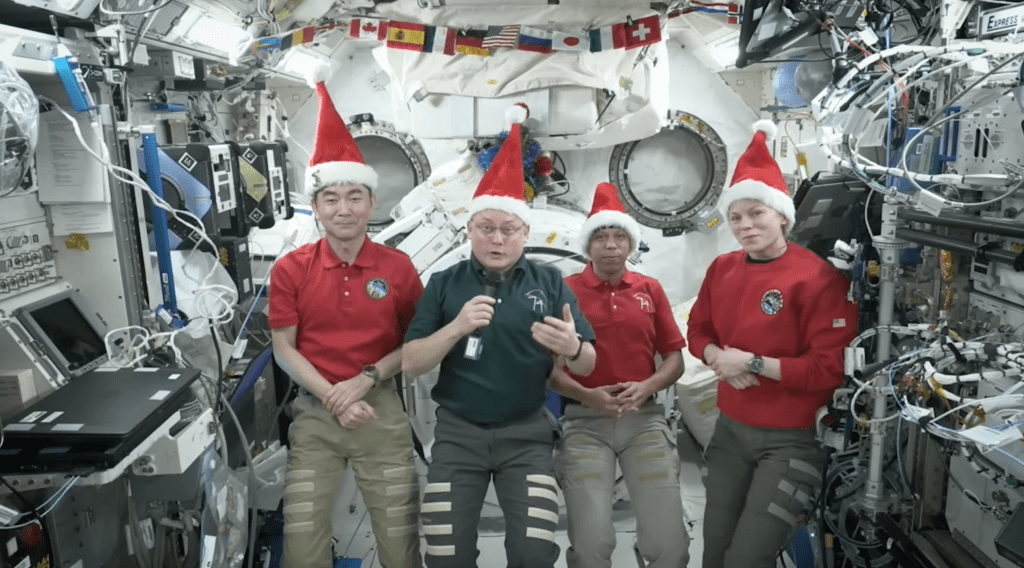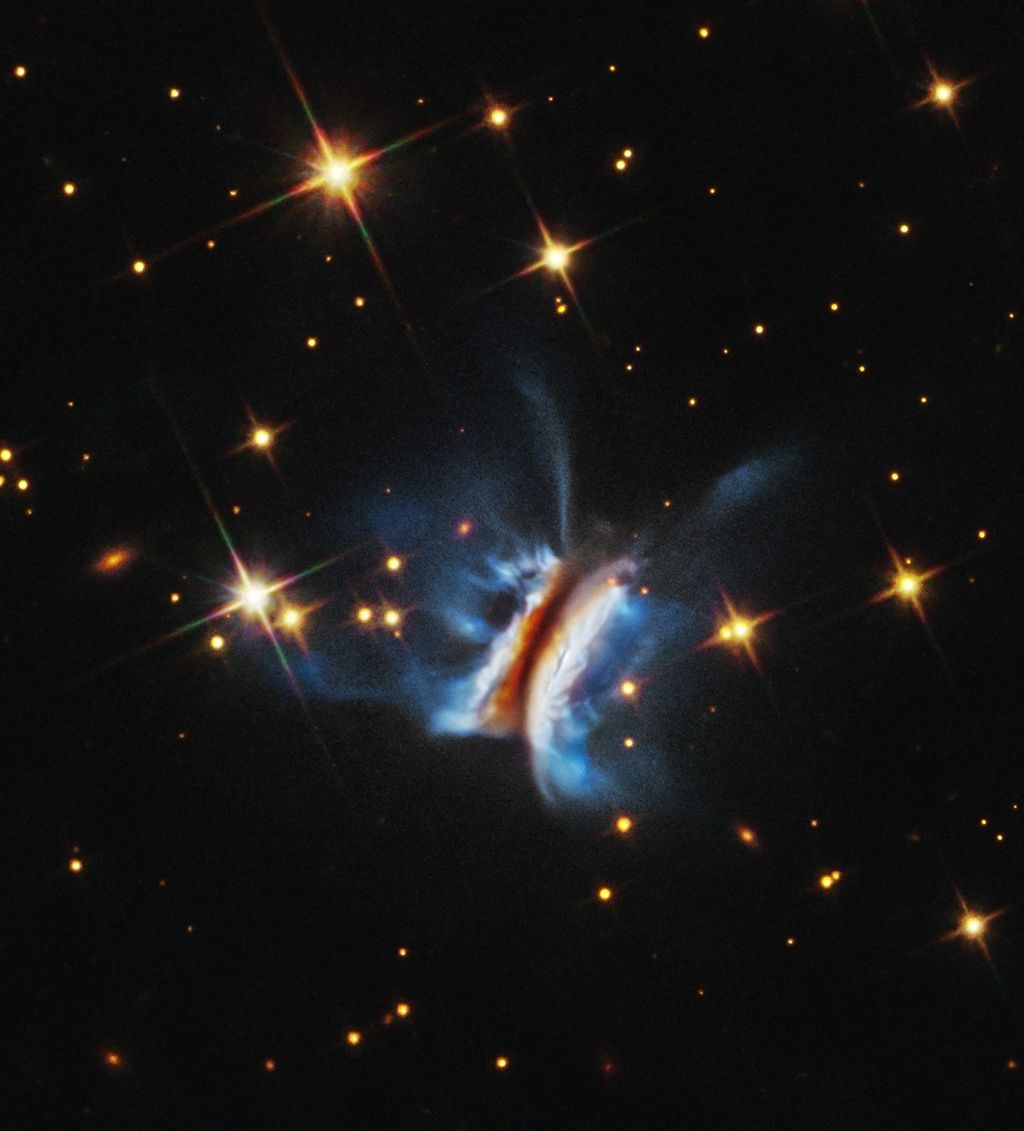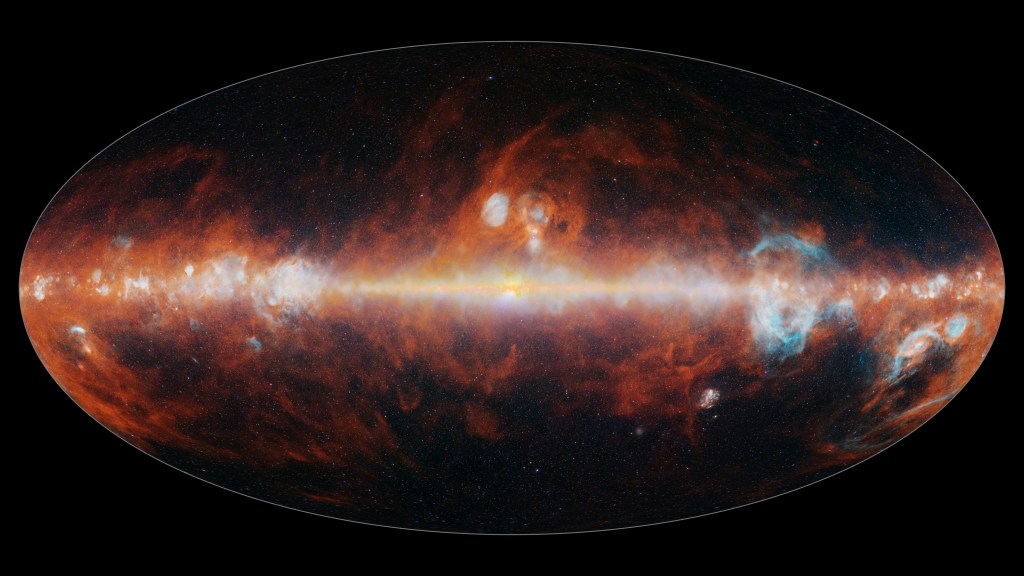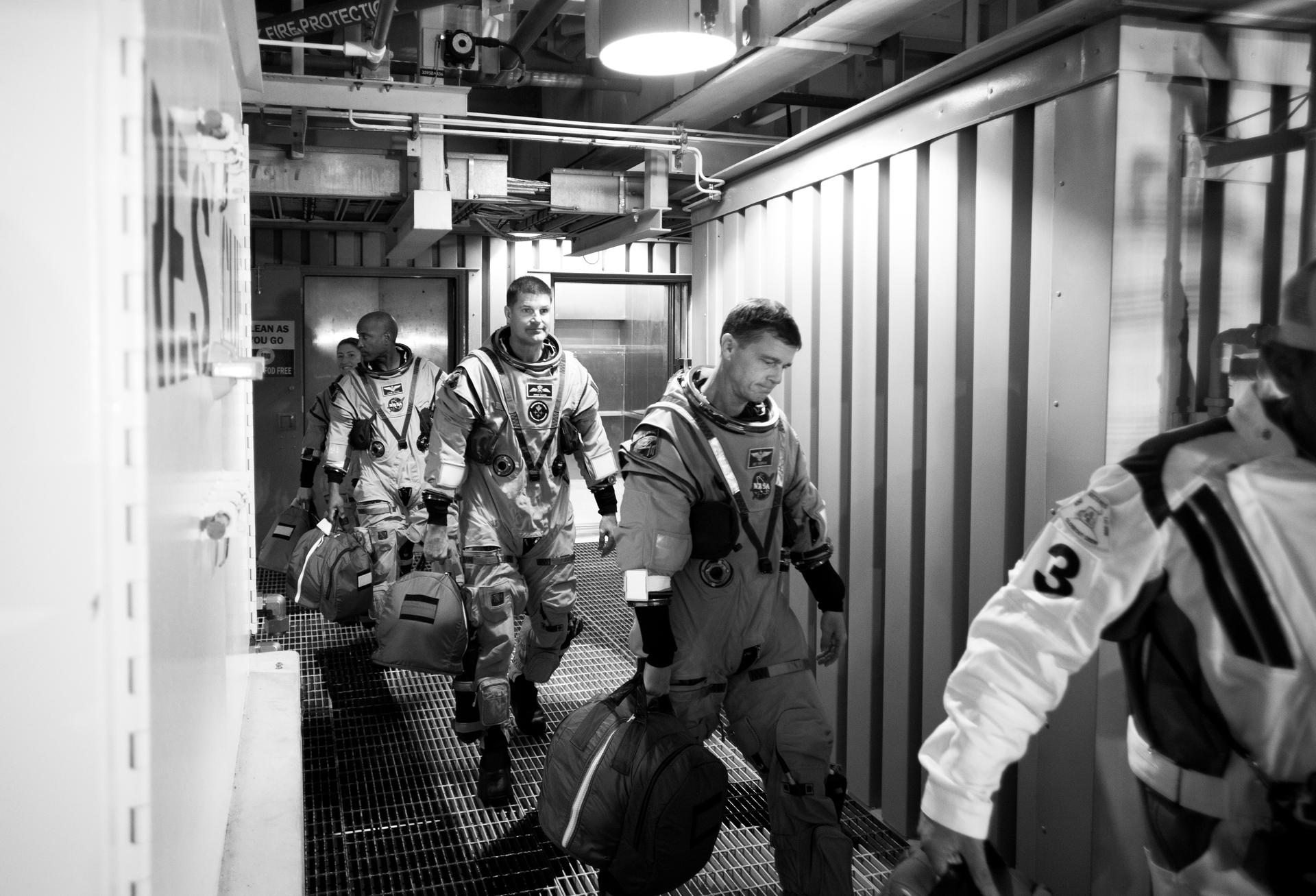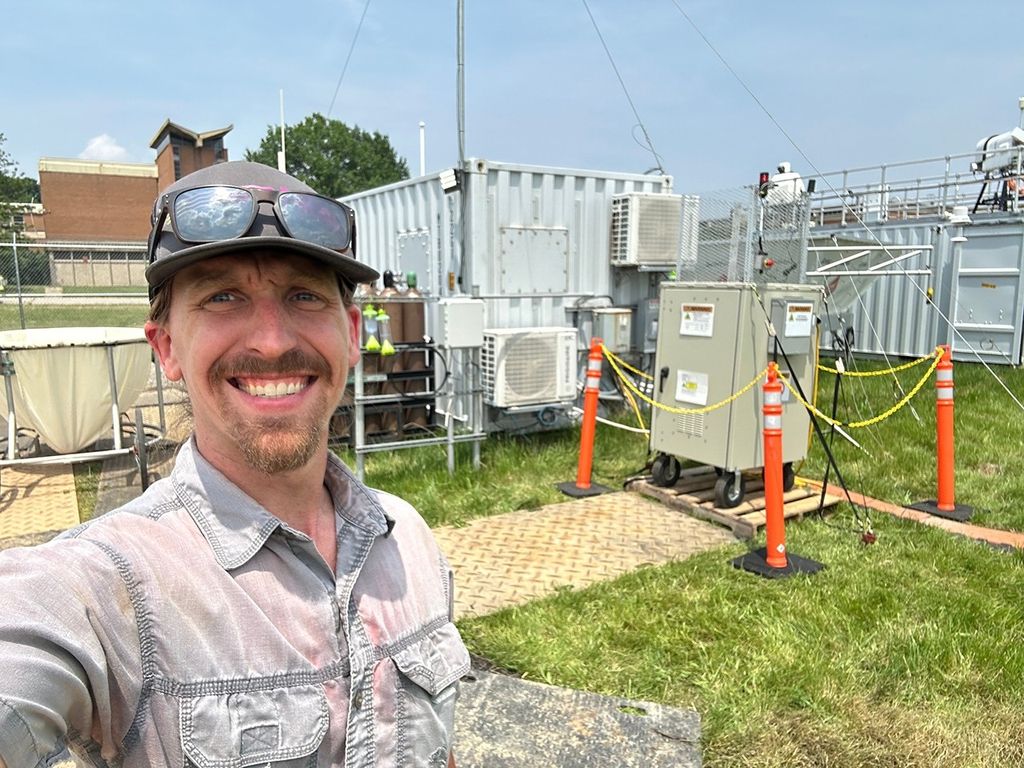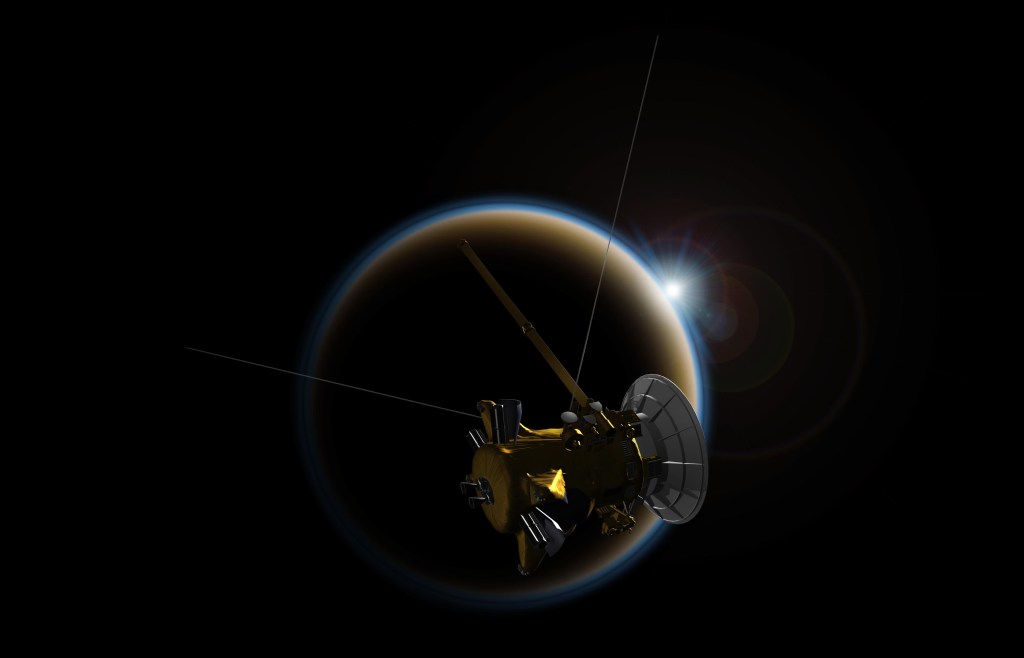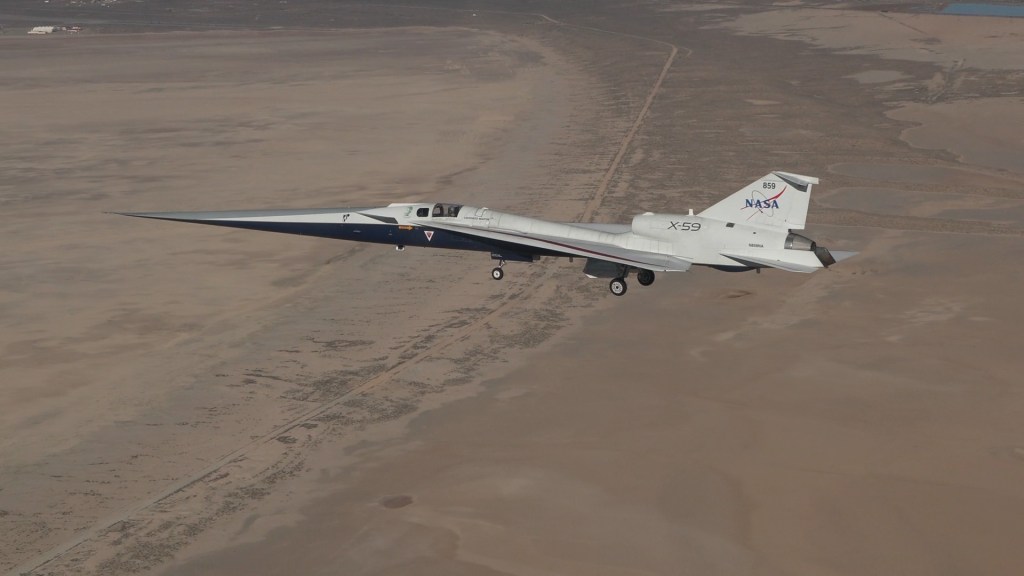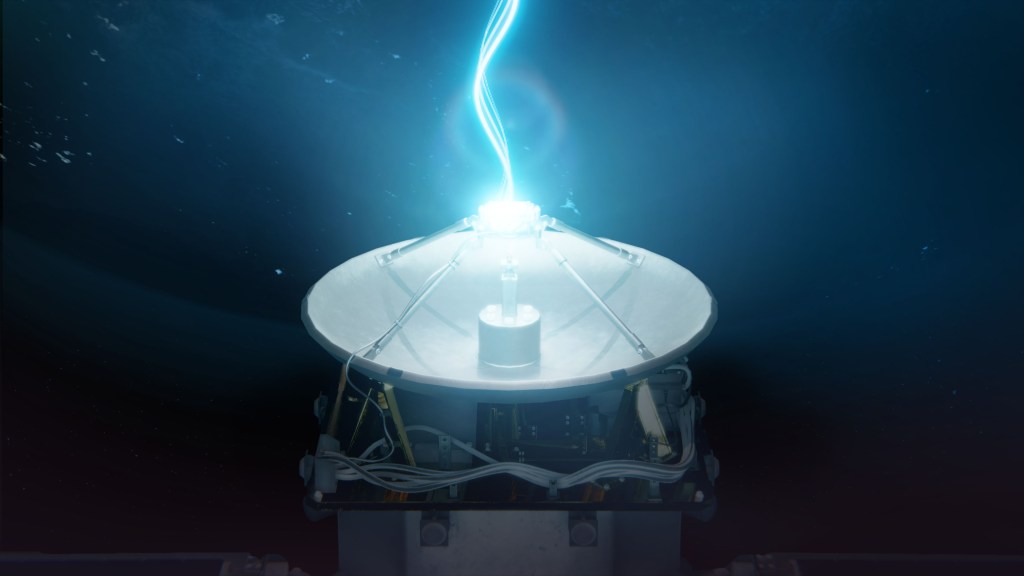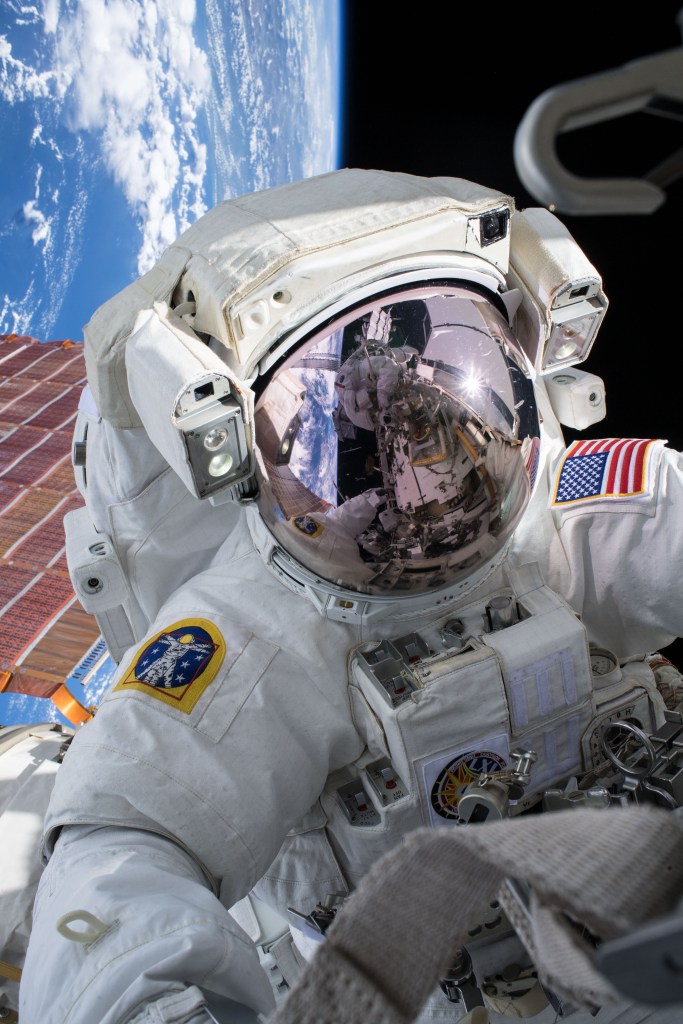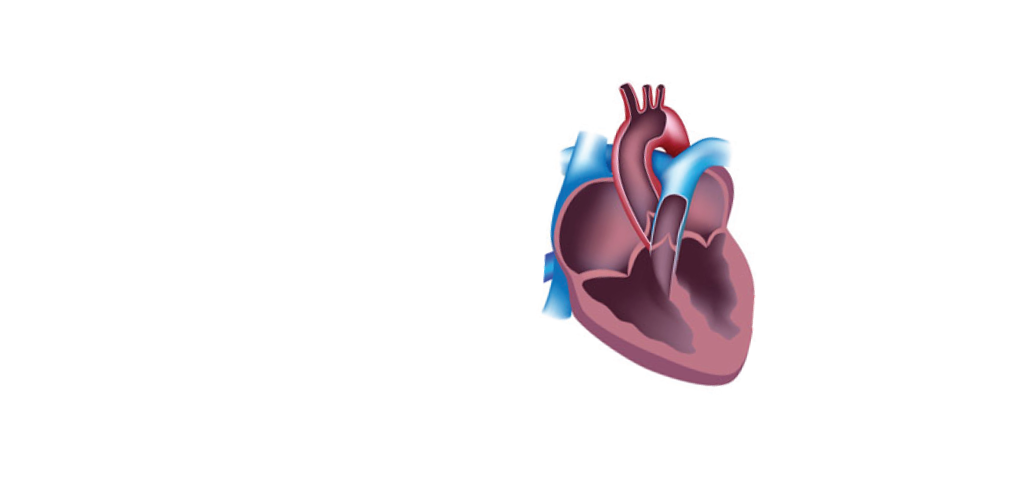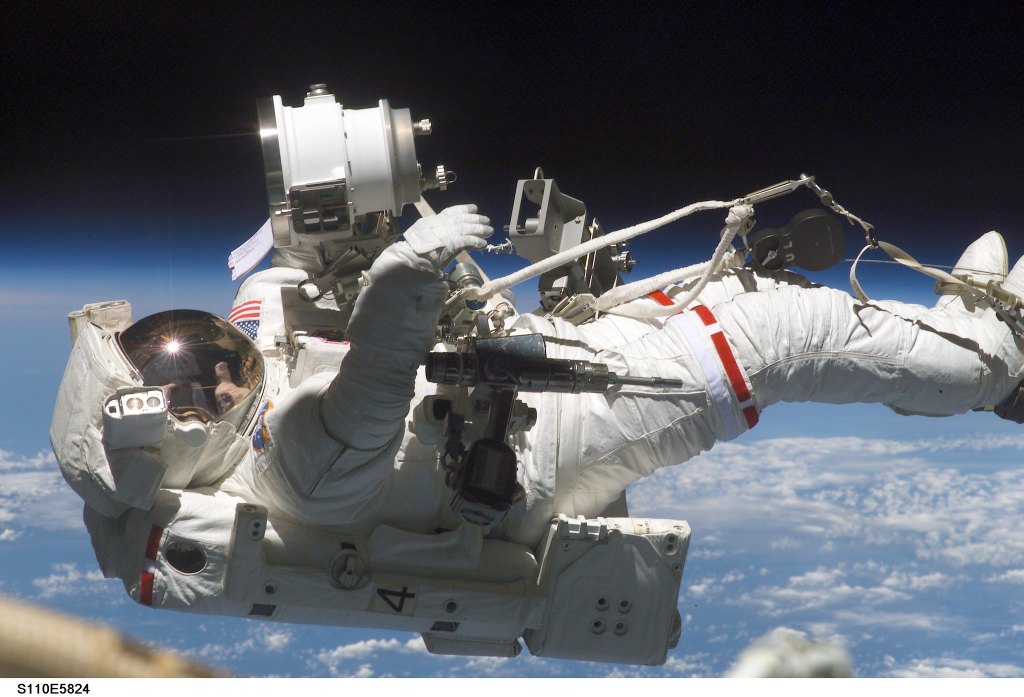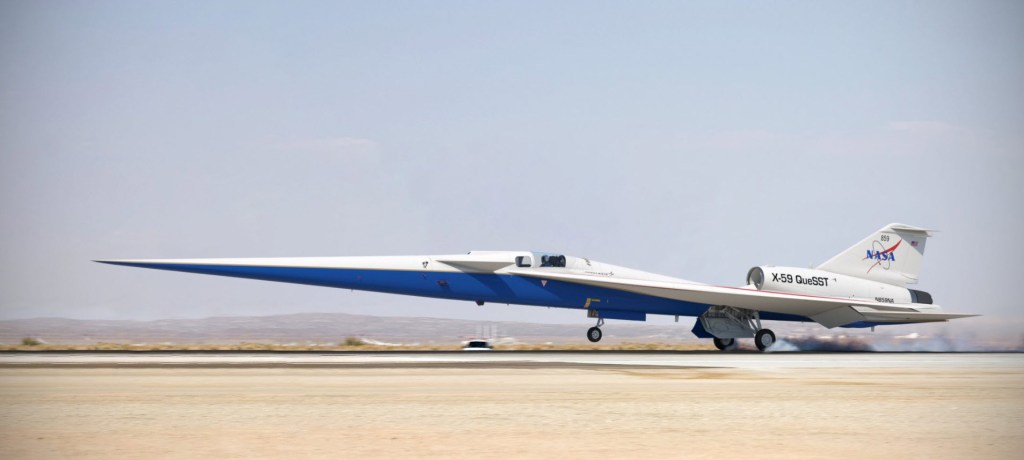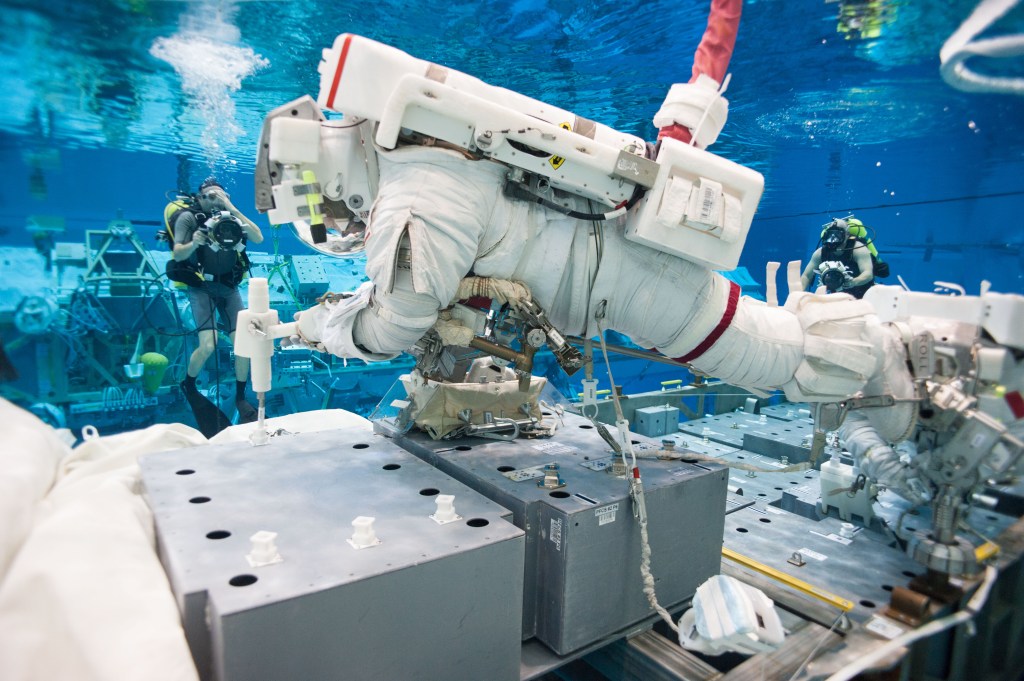6.0 Medical Operations

6 MEDICAL OPERATIONS
The term “space medicine operations” refers to the activities of clinicians, health care professionals, scientists, and engineers who support crewmember health and performance during their training and spaceflight. Examples of such activities include preparing for medical emergencies, monitoring the use of biomedical hardware, and providing longitudinal clinical care. Stressors unique to spaceflight, such as microgravity and galactic cosmic radiation, as well as more familiar stressors, such as isolation and fatigue, can each contribute to changes in human health and physiology.
6.1 Circadian Shifting Operations and Fatigue Management
[V1 6001] Crew schedule planning and operations shall be provided to include circadian entrainment, work/rest schedule assessment, task loading assessment, countermeasures, and special activities.
[Rationale: Crew schedule is to be established to ensure protection of crew physical and mental health while working to meet mission goals. Maintaining circadian entrainment (alignment between a crewmember’s body clock and work/rest schedule) is critical to ensure crew are able to sleep during the designated sleep opportunity. Circadian entrainment requires consistent timing of sleep opportunities from one day to the next. Crew schedule considerations include, but are not limited to:
- Crew on/off duty daily limits
- Cumulative crew workload limits
- Recommended 8.5 hr. sleep period (need to also include pre sleep of 2 hrs./post sleep of 1.5 hrs.)
- Avoid scheduling critical tasks during nominal sleep period
- Avoid scheduling critical tasks during the circadian nadir (typically between 1-7 AM relative to one’s regular sleep schedule) especially before/after launch/docking/undocking/landing.
- Fatigue management (evaluation and assessment)
- Integrate, including time to facilitate, countermeasures for sleep shifting, fatigue, and sleep issues (e.g., light, naps, and pharmaceutical/non-pharmaceutical)
- Individual variability (slam/gradual shifting)
- Launch/dock/undock/landing awake requirements
- Space adaptation]
6.2 Private Medical Communication
6.2.1 Private Medical Communication Schedule
[V1 6002] Private medical communications shall be scheduled on a routine basis, as determined by the Flight Surgeon, at a frequency dictated for short- or long-duration missions.
[Rationale: Real time communications are preferred for all private medical communications, however when missions have communication delays, different modalities can be considered (e.g., stored/forward communications).]
6.2.2 Private Medical Communications Information Delivery
[V1 6003] Private Medical Communications information that is sent to/from the ground via spacecraft communication systems shall be considered private communication.
[Rationale: This private communication provides for privacy of medical information between the crewmembers and the appropriate health and medical personnel per the Privacy Act of 1974.]
6.3 Behavioral Health and Performance
Behavioral Health and Performance includes the ability to control and facilitate a range of psychological responses to environments or stressors, allowing for adaptation. Factors that may alter psychological response include heavy workload, physical and psychological separation from home and support systems, altered circadian cycles, as well as environmental factors such as microgravity, altered atmospheric environments, and gravity transitions. Each of these factors may adversely affect mood, behavior, cognition, and performance. Stressors associated with a space mission extend to ground and support personnel and crew families. This section identifies requirements for providing psychological support programs for crew, families, and key ground personnel.
6.3.1 Behavioral Health and Performance Programs
[V1 6004] Programs shall implement psychological/behavioral health support programs for the crewmembers, key ground personnel, and crewmember families throughout the mission.
[Rationale: The provisions may include but are not limited to the following:
- Recommendations and guidelines for family support activities.
- Support for effective individual adaptation, crew integration, and team dynamics.
- Recommendations to crew selection entities, as requested, to assist in crew assignment and composition.
- Medical and other GSP as indicated in support of behavior and performance issues.
- Cross-cultural support as indicated for international missions.]
6.3.2 Psychological Communication
6.3.2.1 Private Psychological Communication (PPC) Schedule
[V1 6010] A PPC shall be scheduled on a routine basis, as determined by the Behavioral Health Provider, at a frequency dictated for short- or long-duration missions.
[Rationale: PPCs conducted as real-time communication constitute an important element of Medical Support and have already been implemented as medical requirement for ISS operations in addition to private medical communications. However, when missions have communication delays, different modalities can be considered (e.g., stored/forward communications.]
6.3.2.2 Psychological Communications Information Delivery
[V1 6011] Psychological information that is sent to/from the ground via spacecraft communications systems shall be considered private communication.
[Rationale: The Private Psychological Communication (PPC) deals directly with psychological issues. It must be ensured that all information is treated analog to private medical information.]
6.4 Extravehicular Activities (EVAs)
[V1 6006] All crewmembers shall be medically cleared to perform an EVA by ground medical support personnel prior to each EVA.
[Rationale: EVA crewmembers are evaluated for their health status and fitness levels prior to EVAs. Flight Surgeon on ground evaluates available data from recent medical evaluations, fitness sessions, and other metrics of health and performance to determine readiness for EVA.]
6.5 Crew Health Operations Concept (CHOC)
6.5.1 Crew Health Operations Concept Document
[V1 6008] The program(s) shall develop a crew health concept of operations document to define the medical and health care concepts during all phases of the spaceflight program.
[Rationale: The medical and health care operations concept needs to include, at minimum, the operational concepts of crew selection; preflight medical intervention technical requirements; inflight medical and health care technical requirements; private medial conferences; periodic health and fitness evaluation; behavioral health support for the crewmember, ground personnel, and crewmember families; definitive care facilities; vehicle/habitat crew performance system; medical survival kits; post- flight technical requirements; post-flight medical evaluations; and landing/launch EMS support. For past programs, this information has been documented in a Crew Health Operations Concept (CHOC) document.]
6.5.2 Medical and Crew Health Technical Requirements Document
[V1 6009] The program(s) shall develop a medical and crew health technical requirements document based on the concepts outlined in the program-specific crew health operations concept (CHOC) document and NASA-STD-3001.
[Rationale: The medical and crew health technical requirements document needs to include, at minimum, the implementation of the technical requirements for crew selection; pre-flight medical intervention technical requirements; in-flight medical and health care technical requirements; private medial conferences; periodic health and fitness evaluation; behavioral health support for the crew, ground personnel, and crew families; definitive care facilities; vehicle/habitat crew performance system; crew and ground support training; medical survival kits; post-flight technical requirements; post- flight medical evaluations; and landing/launch EMS support. The Medical and Crew Health Technical Requirements Document ensures effective implementation and communication of the health and medical care for the crew from selection to post-flight reconditioning. For missions beyond LEO that may involve multiple programs, one medical and crew health technical requirements document may include the medical and crew health technical requirements for each program that contributes to the mission (e.g., Artemis). For past programs, this information has been documented in a MORD.
Medical Operations Requirements Document (MORD) details the medical technical requirements for the program and is consistent with the overall crew health operations concepts. A MORD is developed for each program. A crew health operations concept is developed and documented for each program.]

